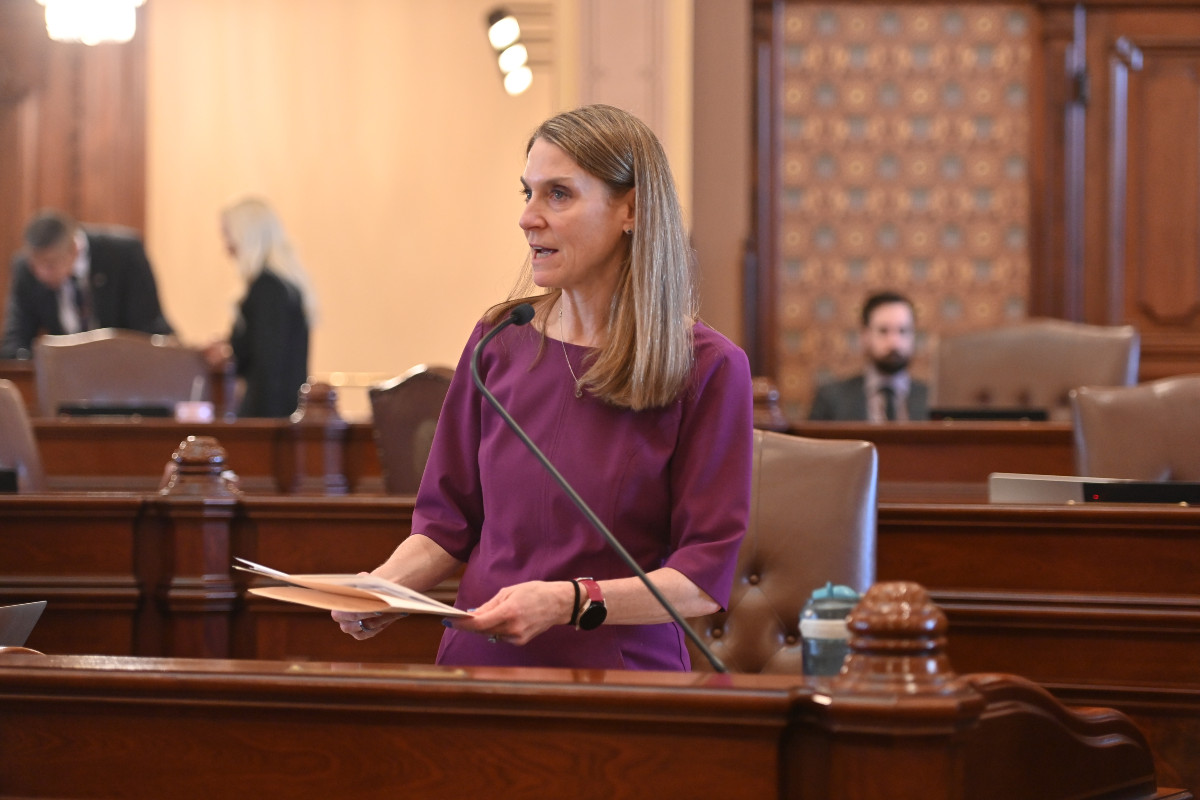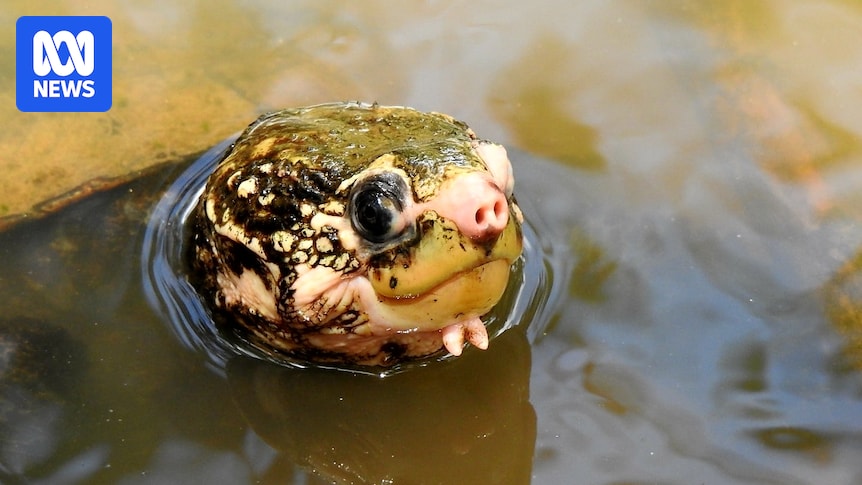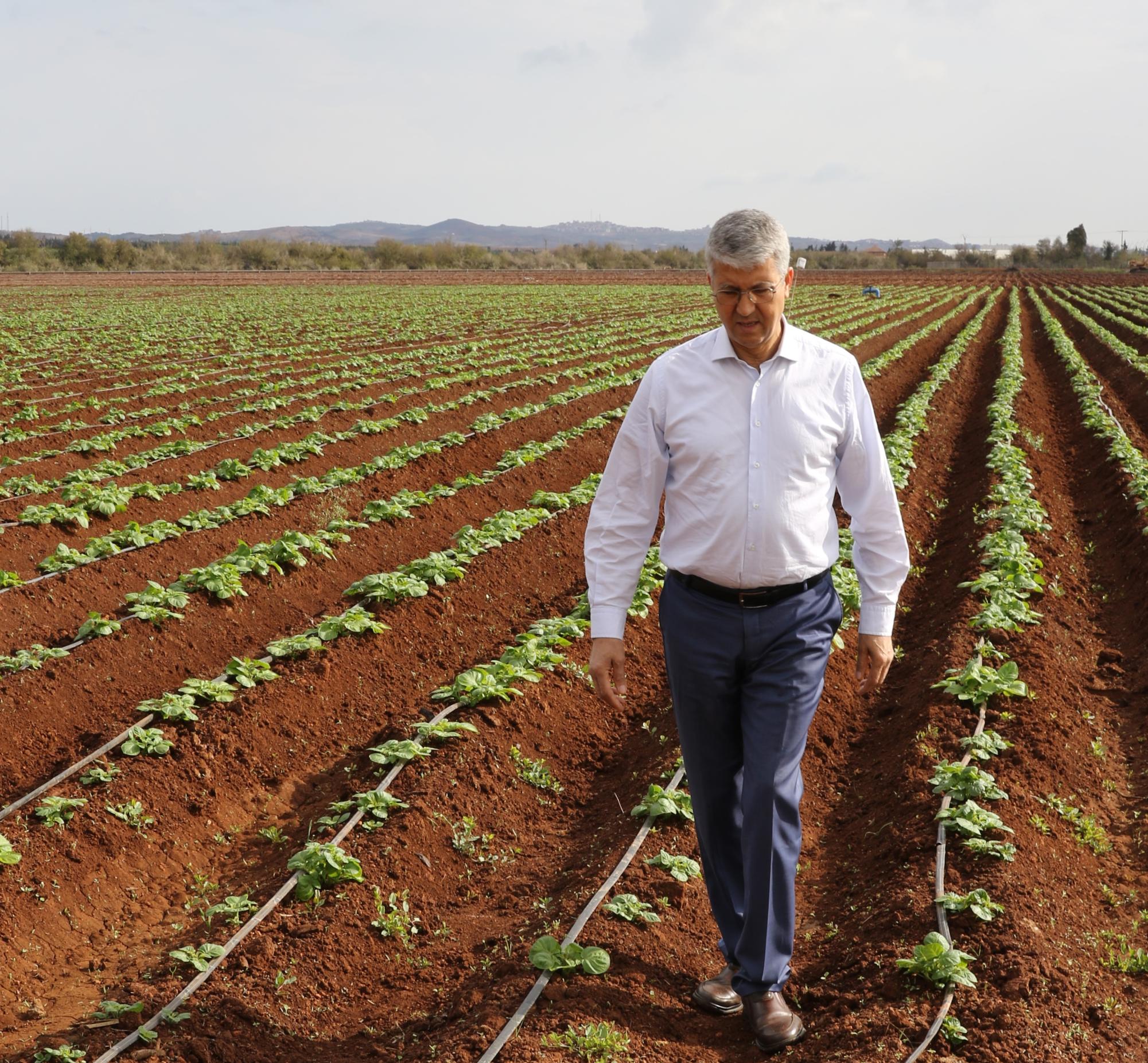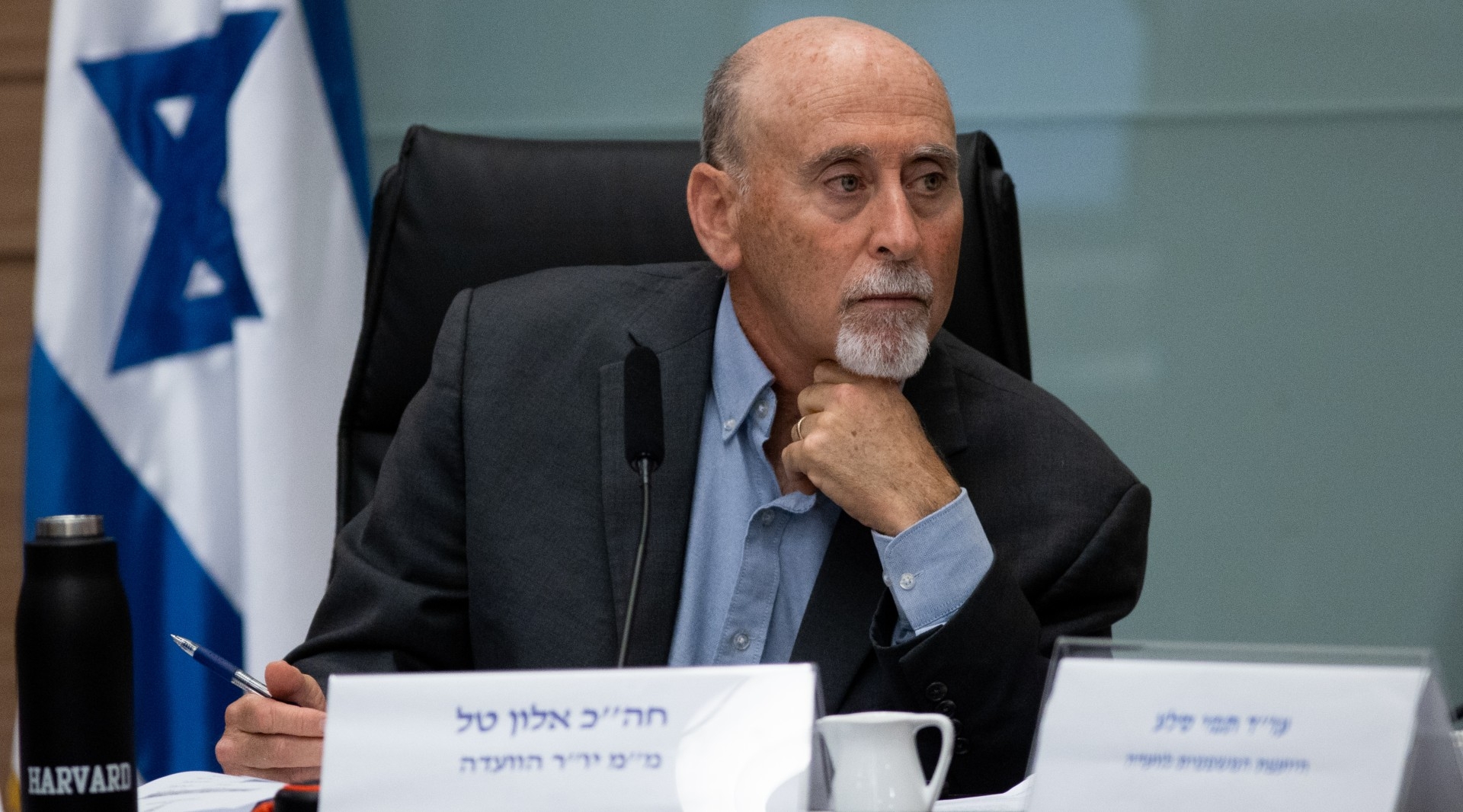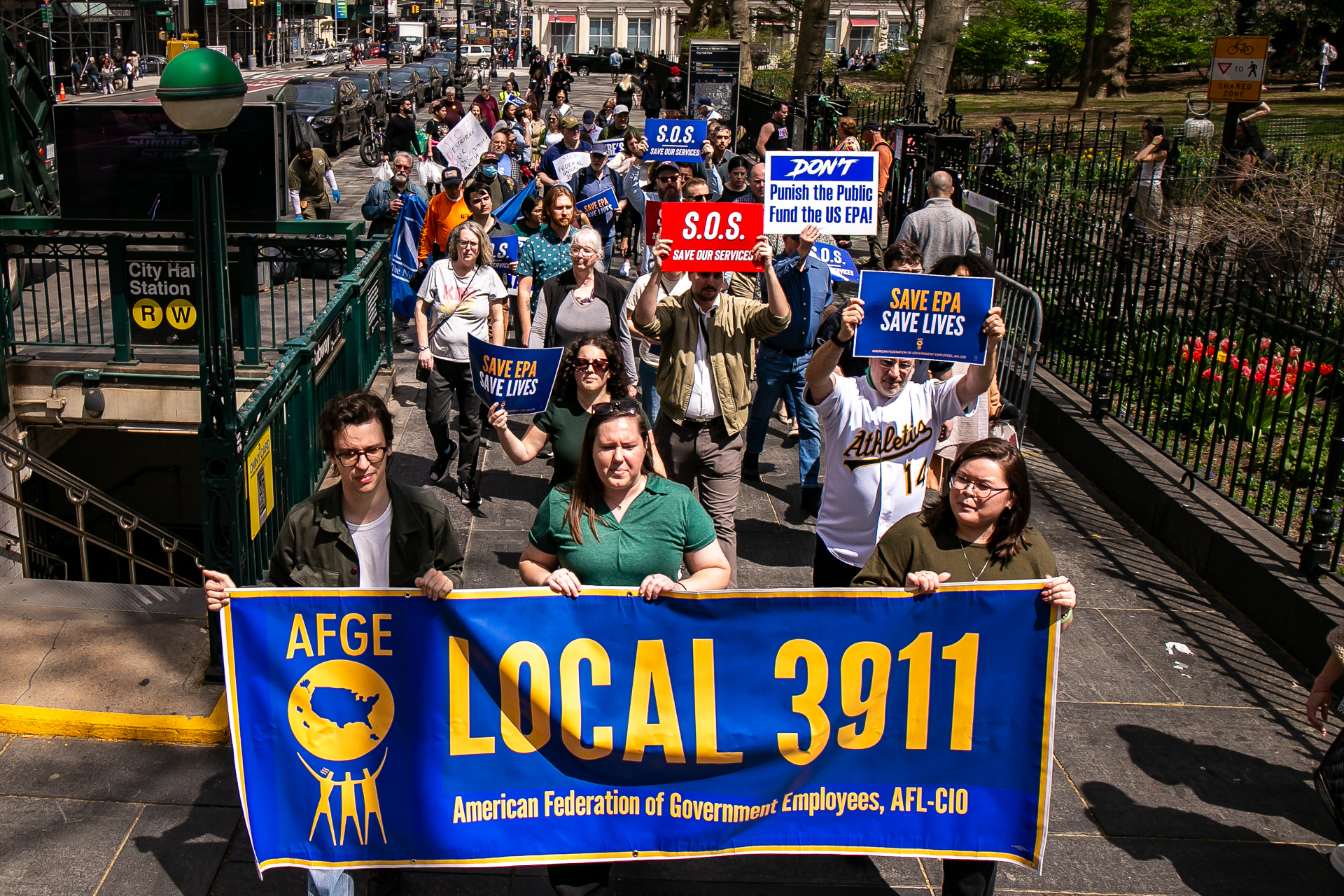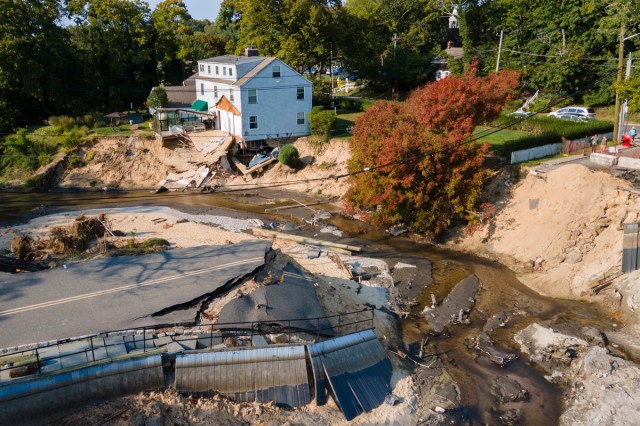
Virtual Reality Transforms Classroom: ASU Students Dive Deep into Sustainability
Exploring Global Sustainability: Virtual Reality Breaks Boundaries for ASU Students In an innovative approach to environmental education, Arizona State University is transforming how students experience global sustainability challenges through cutting-edge virtual reality technology. While traditional study abroad programs remain limited by cost and logistics, VR now offers an immersive, accessible alternative that brings complex environmental landscapes directly to students' fingertips. Through sophisticated virtual reality simulations, students can now traverse rainforests, witness climate change impacts, and explore ecological systems without leaving campus. These digital experiences provide unprecedented insights into environmental dynamics, allowing learners to engage with global sustainability issues in a deeply interactive and meaningful way. The technology bridges geographical constraints, enabling students to gain firsthand perspectives on environmental challenges across different continents. From melting Arctic glaciers to deforestation in the Amazon, virtual reality creates a powerful, empathetic learning environment that traditional classroom methods cannot replicate. By democratizing global environmental education, ASU is pioneering a new approach that makes sustainability learning more inclusive, engaging, and impactful for students from diverse backgrounds and economic circumstances.

